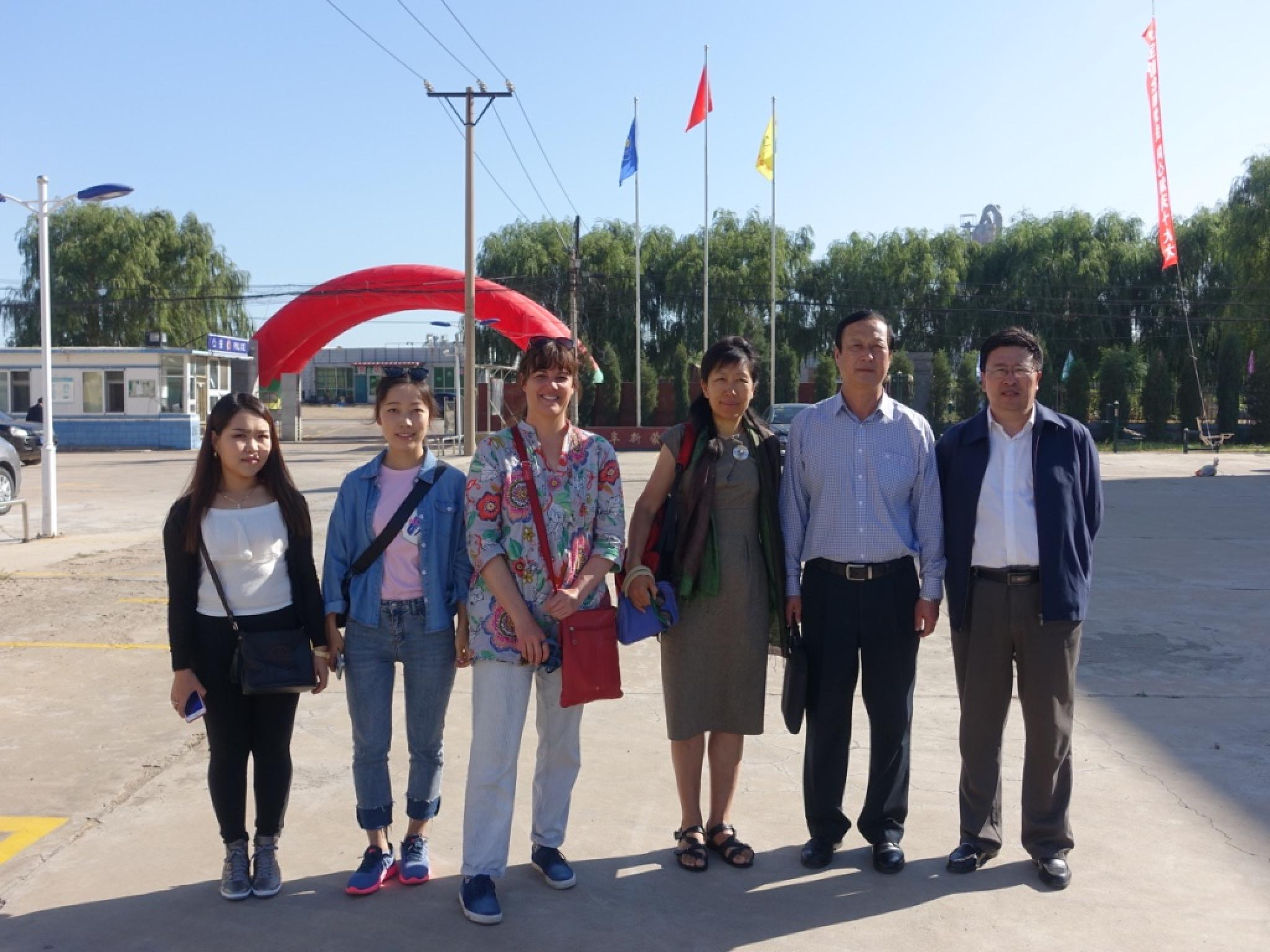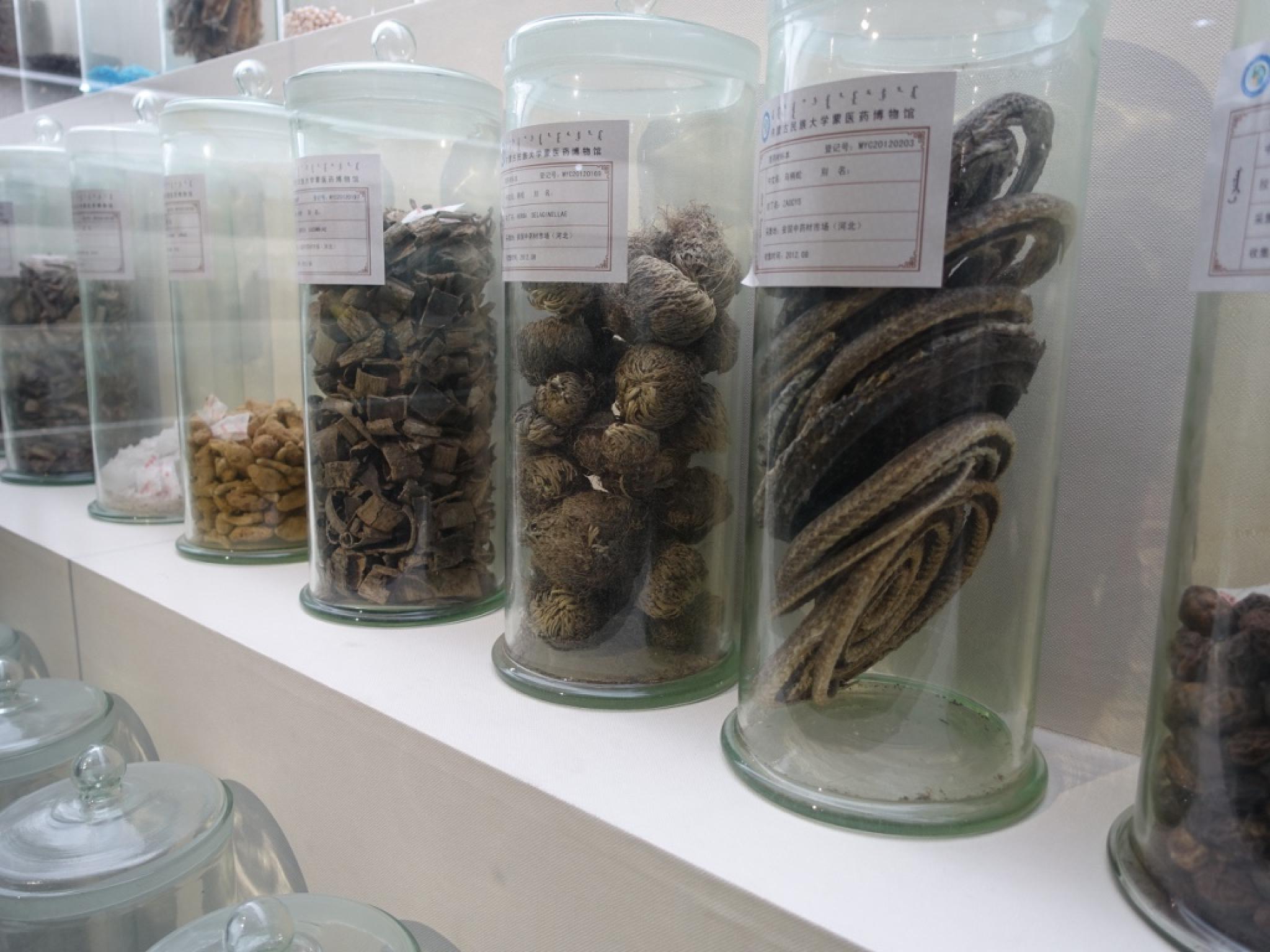The network will host a bi-annual conference or symposium, hosting eminent invited speakers focussing on health in Asia. This year the ANU is hosting an inaugural symposium ‘Health in Asia: perspectives from the Mongolian Plateau’ on the 26th of November 2019. There will be a formal launch of this network the following evening on the 27th of November 2019. Researchers from Inner Mongolia and Mongolia will be travelling to attend the events in Australia.
Our focus is on medicine, health and wellbeing. The Humanities Research for Health in Asia (HRHA) network is a means of connecting humanities researchers who are focussing on health across locations in the Asian region.
We welcome affiliations with researchers who are engaged in humanities or social science-based projects. The research approach of scholars engaged in this network includes a focus on different kinds of ‘traditional’ medicine, whether it is Ayurvedic, Tibetan, Chinese, Mongolian or Japanese. We are interested in researchers that are connecting with holistic research approaches, based on underlying philosophies that have long been established within Asia, but projects that are engaging with contemporary issues of health, wellbeing and environmental consequences in this age of the Anthropocene.
We have three key aims within this network:
- To initiate scholarship on health and wellbeing that breaks down species boundaries and across the borders of different countries, from Siberia in the North of Asia to India in the South.
- To instigate interdisciplinary collaborations from the social sciences in collaboration with the medical sciences to investigate cross-cultural perspectives relating to the concept of One Health as a holistic approach to health and wellbeing.
- To focus on how knowledge surrounding health is transmitted within different local settings (within herding communities, local clinics, monasteries, or hospitals). The international HRHA network is jointly coordinated by academics at The Australian National University within the College of Arts and Social Sciences; the Inner Mongolian University for the Nationalities, in collaboration with the National University of Mongolia.

International collaborative team for ARC Discovery Project:
- Prof. Li Narangoa, School of Culture History and Language, ANU College of Asia & the Pacific
- Dr Natasha Fijn, CAP, ANU (Anthropology);
- Prof. Bob Cumming, University of Sydney (Epidemiology and Geriatric Medicine);
- Prof. Wuliji Ao, Inner Mongolia University for the Nationalities, PRC (Pharmacology and Traditional Mongolian Medicine)
- Assoc. Prof. Benedikte Lindskog, Oslo Metropolitan University (Medical Anthropology).

Members of the Research Network:
Australia:
- Prof. Geoffrey Samuel, University of Sydney (Anthropology and Asian Studies in traditional medicine).
- Dr Catherine Schuetze, University of Sydney (Veterinary Anthropology, Veterinarian)
- Dr Wuqiriletu, CAP, ANU (Political Ecology, Anthropology)

Ulaanbaatar Mongolia:
- Prof. Lhagavademchig Jadamba, The National University of Mongolia (Anthropology of Buddhism)
- Prof. Tserentsodnom, Head of the Museum of Traditional Mongolian Medicine, Mongolia (Traditonal Mongolian Medicine).
- Dr Ganzorig Davaa-Ochir, Mongolian medical practitioner, Ulaanbaatar (Traditional Mongolian, Tibetan and Ayurvedic medicines).

Inner Mongolia, China:
- Prof. Bayanchala Saijirahu, Inner Mongolia University Nationalities, PRC (Anthropology);
- Dr Fu Minghai, Inner Mongolia University Nationalities, PRC (Pharmacology of Mongolian medicine);
- Dr Borjihan Gereltu, Inner Mongolia University, PRC (Chemistry, pharmacology of Mongolian medicine)
- Prof. Erhenbayar, Deputy VC of Inner Mongolia University, China (Mongolian literature)
- Li Altanjola, Kyoto University (Medical Anthropology), Japan
Publications

- Li Narangoa ‘From Shamanist Healing to Scientific Medicine: Bonesetters in Inner Mongolia’ (Li Narangoa and Li Altanjula), in Ole Bruun and Li Narangoa, eds, Mongols From Country To City: Floating Boundaries, Pastoralism And City Life In The Mongol Lands, Copenhagen: NIAS Press, 2006, pp. 237-53.
- Lindskog, Benedikte V ; Summer Field, Tone 2018. Health, Nation-State and Reality Policy: Analogies from Mongolia and The Gambia. Norwegian Anthropological Journal . Vol. 28. https: //www.idunn.no/nat/2017/03-04/helse_nasjonal
- Lindskog, Benedikte V. 2014. ‘Natural Calamities and ‘the Big Migration’: Challenges to the Mongolian Health System in ‘the Age of the Market’’. Global Public Health: 9(8): 880- 893.
- Ao Wuliji, 2002. Mongolian Internal Medicine. Hohhot: Inner Mongolia People’s Publishing House.
- Ao Wuliji, 2005. A Manual of the Combined Treatment of Mongolian and Western Medicine for Assistant Physicians, Shenyang: Liaoning National Publishing House.
- Ao Wuliji, 2009. Gerontology of Mongolian Medicine, Hohhot: Inner Mongolia People’s Publishing House.
- Ao Wuliji, 2014. Traditional Mongolian Medicines and their Preparations, Ulanhad: Inner Mongolia Science and Technology Publishing House.
- Ao Wuliji, 2015. Study on the Modernization of Mongolian Medicine, Chen Shan [Chinese eaglewood] Ulanhada: Inner Mongolia Science and Technology Publishing House.
- Saijirahu, Buyanchuglagin. 2008. ‘Folk medicine among the mongols in Inner Mongolia.’ Asian Medicine 4.2: 338-356.
- Saijirahu, B. 2006 ‘Traditional Bonesetting Therapy in Eastern Inner Mongolia.’ Alternative Medicine 1: 62-9.

The Mongolia Institute hosted multiple events during the last week of November. We held two of these events as part of a collaborative research partnership with the Inner Mongolia Nationalities University, China and The Australian National University.

Health in Asia: perspectives from the Mongolian Plateau
Li Narangoa and Natasha Fijn organised an inaugural symposium on Tuesday the 26th of November from 10-1pm, part of a three-year Australian Research Council Discovery Project on the transmission of knowledge relating to Mongolian medicine. Presenters spoke about how their research links with health, medicine and wellbeing across the Mongolian Plateau, in both Mongolia and Inner Mongolia within China.
Li Narangoa presented her recent research based in Inner Mongolia. She outlined how the doctors find the pressures of the combination of modern biomedicine and more traditional Mongolian medical practices challenging, as well as the efforts of biomedical scientists to convert medicinal plants into domesticated plots for production and distribution purposes.
Borjihan Gereltu, who is based at the Inner Mongolia University, presented on his long-term pharmacological research, where he has developed medicines based on the chemical components of Mongolian medicinal plants, resulting in their public application as tea or ointment for health purposes.
Natasha Fijn spoke about her recent field research based in the Khangai Mountains of Mongolia. She included two video segments within her presentation, as sensory ethnographic examples of the herders’ knowledge of the medicinal plant Yargui, as well as differing health perceptions relating to the marmot, in order to illustrate perceptions within the herding community with regard to connections between medicinal plants and animals with the surrounding ecology.
Uchralt Otede presented about the impact on herders’ health when the well water for families and their herd animals becomes contaminated on the grassland steppes of Inner Mongolia. Using citizen science, he conveyed the outcome of the scientific analysis of the well water to herding communities through individual herders visiting the scientist’s laboratory in Japan, followed by the translation of the scientific research results from Japanese into traditional Mongolian script with clear accompanying maps in order to communicate where polluted wells are located in the steppe landscape.

Humanities Research for Health in Asia (HRHA) Network Launch
The following evening, on Wednesday the 27th of November there was the official launch of the Humanities Research for Health in Asia Network, a Mongolia Institute initiative within the College of Asia and the Pacific. This launch was in partnership with another ANU initiative focussing on health across the Asia and the Pacific within the College of Health and Medicine. The ANU Vice President of Engagement and Global Relations officially launched these two complimentary health partnerships with their joint focus on research in Asia at the ANU.
The foundational members of the HRHA network include staff from the ANU, University of Sydney, Inner Mongolian Nationalities University, Inner Mongolia University (China), universities in Mongolia and the Oslo Metropolitan University in Norway but will expand to other humanities and social science-based researchers from different universities around the world, who are focussing on health and medicine in the Asian region, particularly within Inner Asia. One of the international scholars, Erhenbayar, Deputy Vice Chancellor from the Inner Mongolia University in China, spoke of the benefit of the international collaborative research ties during the launch.
The launch also featured the official announcement of the development of an Memorandum of Understanding between the Asian Development Bank’s Health and Education Sector and the ANU, led by the College of Health and Medicine, as a means to initiate collaborative programmes with a focus on health in Asia and the Pacific across the university. In support of this new partnership, the Asian Development Bank’s Chief of the Health Sector Group, Dr Patrick Osewe, received an honorar professorial appointment at the event. In his acceptance speech, Dr Osewe immediately connected with the Mongolian delegates in the audience, describing how he was inspired by the leadership capabilities of Chinggis Khan as a child, followed by a description of the recent Asia Development Bank initiatives currently being undertaken in Mongolia.Adding a festival element to the occasion, accomplished Mongolian musicians and a dancer from the National Grand Drama Theatre of Mongolia performed for the invited guests, while mingling over drinks and canapes.
Two Seasons Trailer (2019)
Dogsom on bloodletting
Institutional Mongolian Medicine
Mongolian Medicine workshop 2017
One Health Workshop 2016
Tserentsodnom Interview 2016
Divaasambuu lama
Munkhsumber History
Munkhsumber II
Khangai Herds 7: Medicinal Treatment
Contact us
H C Coombs Building
The Australian National University
02 6125 3201
Mongolia.institute@anu.edu.au
9 Fellows Rd, Acton ACT 2601
Australia
